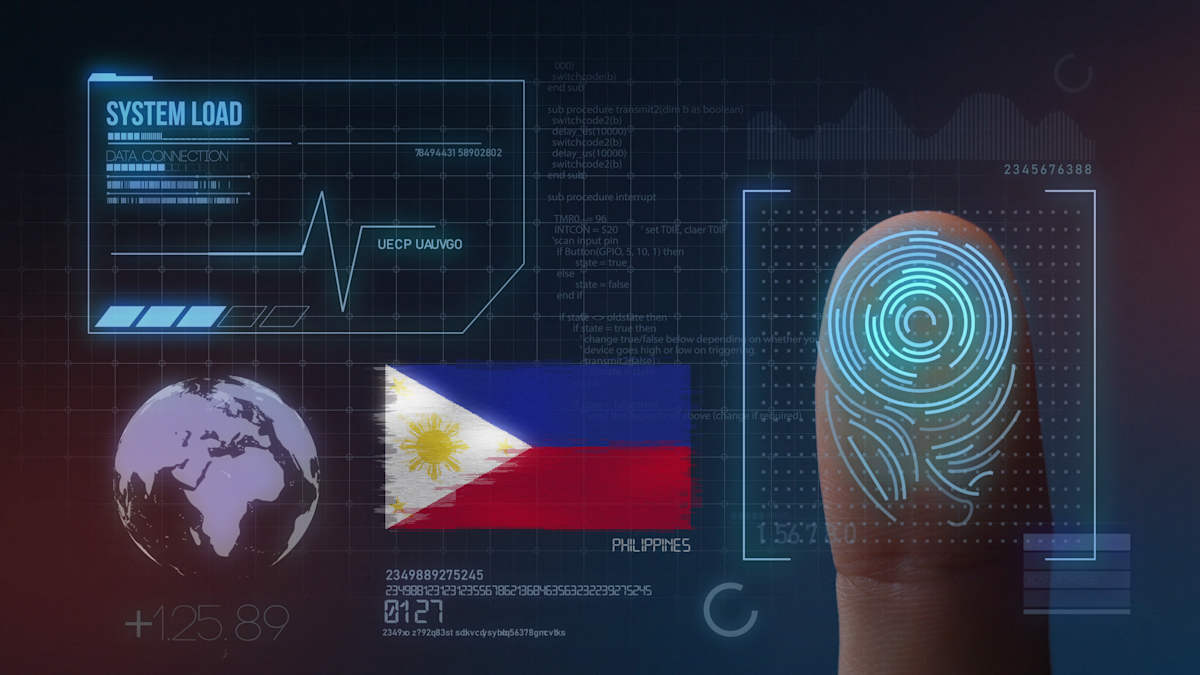A Filipino senator has proposed a bill to amend the Philippine Identification System Act in response to ongoing concerns regarding data privacy and security vulnerabilities.
[1] Senator Panfilo “Ping” Lacson introduced a bill in the Senate emphasizing its potential to enhance the integrity of the digital national ID system by preventing ineligible individuals from registering. According [2] to a statement from the Senate, Lacson expressed concerns that over the years, numerous individuals, particularly those associated with Philippine Offshore Gaming Operations have managed to register for national ID cards through questionable methods, thereby compromising the system’s reliability.
The senator's proposed amendment aims to eliminate the visible printed numbers on national ID cards, known as [3] PhilSys numbers, along with other key biographical details that are susceptible to duplication by fraudsters. Instead, the plan is to incorporate these identifiers into biometric chips or QR codes that can be scanned for secure verification. “By doing this, access to the PSN will be strictly limited to authorized parties, who must follow regulated authentication procedures in compliance with current privacy laws and data protection standards,” said Lacson.
“An instance in 2024 illustrated this risk, as the Philippine Statistics Authority issued a warning to the public to be vigilant against unauthorized individuals approaching cardholders and taking photographs of their national ID in exchange of cash, as this is crucial in preventing identity theft and fraud.” In recent years, the Philippines has witnessed a troubling rise in data breaches and incidents of identity theft. In 2023 alone, [4] there were 1,597 reported cases of ID theft, marking a 13.9% increase compared to the previous year. In 2024, the National Privacy Commission announced a refinement of its complaints filing and investigation procedures in response to the ongoing challenges and concerns surrounding the evolving privacy issues faced by Filipino data subjects.
John Henry Naga who [5] is the Privacy Commissioner said, “With the difficulties encountered by the NPC over the past couple of years, especially during the pandemic, it is imperative to streamline, improve and institutionalize its processes and procedures and amend certain provisions of its Rules of Procedure. To this end, the NPC will be able to further carry out its mandates and functions efficiently.”
Furthermore, during the first half of 2024, [6] more than 315,000 identity credentials were compromised. In response to this escalating threat, cybersecurity organizations across the nation have formed a partnership aimed at enhancing the security of the digital landscape in the Philippines. Cybersecurity organizations across the country forged [7] a partnership aimed at enhancing the security of the nation’s digital landscape. Damien Kieran who [8] is the Chief Legal and Privacy Officer at Tools for Humanit said, “The target market for World ID and the World Network is, honestly, every human. Our goal is for every person to be able to use it and to benefit from it, protecting people’s online presence is becoming increasingly important, through this collaboration, we are committed to bringing cutting-edge digital security solutions that will not only protect Filipinos but also enhance trust in online transactions and services.” In addition to concerns about identity theft, Lacson raised alarms about the potential risks associated with visible ID card numbers, warning that they could facilitate unauthorized monitoring and profiling.
